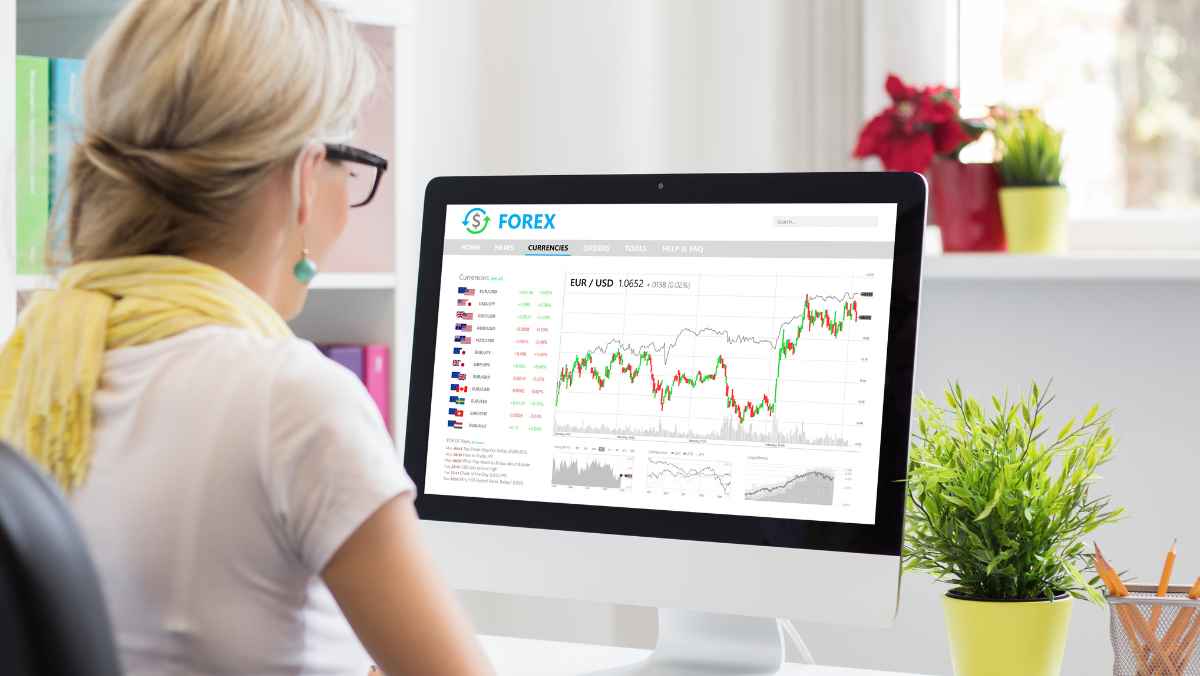Friday Oct 20 2023 11:51

4 min
When you place a day order, you’re adding a stipulation to your broker that if they’re unable to execute your trade at the price you specify by the end of that trading day, then they should cancel the order.
So, let’s say you put an order to buy 10 shares of Company A when it hits a price of $500 per share.
If you add a ‘day order’ to the trade, then if the share price doesn’t hit $500 by the end of the day, your broker will cancel the order. If you still want to proceed when/if the stock hits your chosen price, you’ll need to re-enter the order the next day.
(There are other duration types you can set, but the majority of limit orders placed tend to be day orders.)
You can use day orders to buy and sell. So, you could also place a day order to your broker to sell shares you own if they hit a certain price.
Day orders can be a time saver for busy traders. If you want to execute a particular trade at a specific price, day orders allow you to do that without having to monitor the price yourself.
There’s also no uncertainty about entering a trade at a price you’re not comfortable with. Either you buy at the price you want, or you don’t buy at all.
The same principle goes for selling. You know you’ll either sell at the price you want, or the trade will stay open.

The main potential downside for day orders is really the same as the upside. You won’t need to constantly monitor the markets.
To some traders, this is a downside. More experienced traders often prefer to keep a constant eye on the markets. They want to be as informed as possible.
The other key risk comes when using a ‘buy’ day order. Let’s say a broker opens a trade on your behalf when you’re not monitoring your positions. That share price could theoretically suffer a big drop without you realising, and you could suffer a substantial loss before you realise what’s happening.
(This is why many traders will use a stop-loss or stop-order on all ‘day order’ trades, so any losses will automatically be cut short.)

As with other trading tools, day orders can be effective and helpful if you don’t want to monitor your positions actively. But, as always, do your research before you use them, and never trade with money can’t afford to lose.